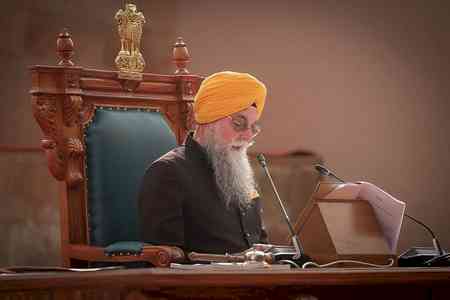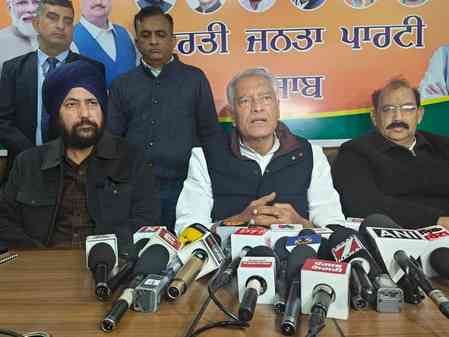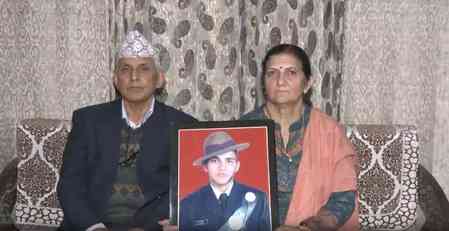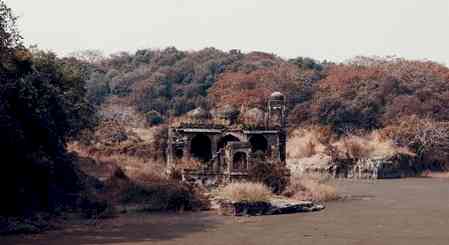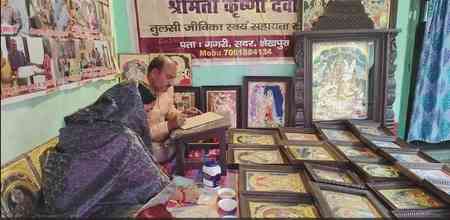Mohali surgeon uses new stent to treat ruptured aneurysm
It was a delicate procedure as the stent had to be placed precisely
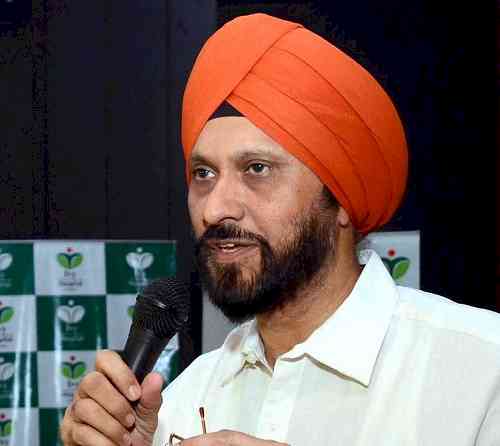
Mohali: A man suffering from life-threatening large popliteal artery aneurysm has treated successfully with a newly introduced stent at Ivy Hospital, Mohali recently.
The stent known as ‘covera plus vascular covered’ has been used for the first time in the world for such an indication, claimed Dr Harinder Singh Bedi, director of cardio vascular & endovascular sciences who along with a team including Dr Rakesh Kumar, Dr Jiten Singh and Dr Vikram Arora performed the surgery.
Dr Bedi said further that the stent is specific for the use around knee joint and it is made of a special metal, nitinol which is very flexible and does not fracture even on repeated bending.
Few days back, Gurjit Singh (name changed) a sewadar at a Gurudwara in Ambala City was rushed to Ivy to with sudden pain in his right thigh. Itwas found that there was an abnormal ballooning of his popliteal artery (a large artery behind the knee). This had blown out (ruptured) with a loss of over 2.5-litre of blood into the tissues .
Dr Bedi said that there was an imminent risk that the circulation below the lesion could be compromised with a potential loss of limb and life. The patient was very sick and anemic because of the blood loss, he pointed out.
As the patient was at a high risk for conventional treatment thus an alternate plan was made to use a stent to block off the rent in the artery from inside, informed Dr Bedi.
This has an inherent problem also since there was always movements at the knee joint and the stent which was made of metal could be fractured due to the repeated movements, he pointed out.
It was a delicate procedure as the stent had to be placed precisely. A mistake of even a few mm could lead to problems, he said adding the stent was positioned exactly at the tear and was then expanded to close it off.
On a thorough literature search it was found that this new stent had never before been used in the world for this disease, claimed Dr Bedi.


 cityairnews
cityairnews 
